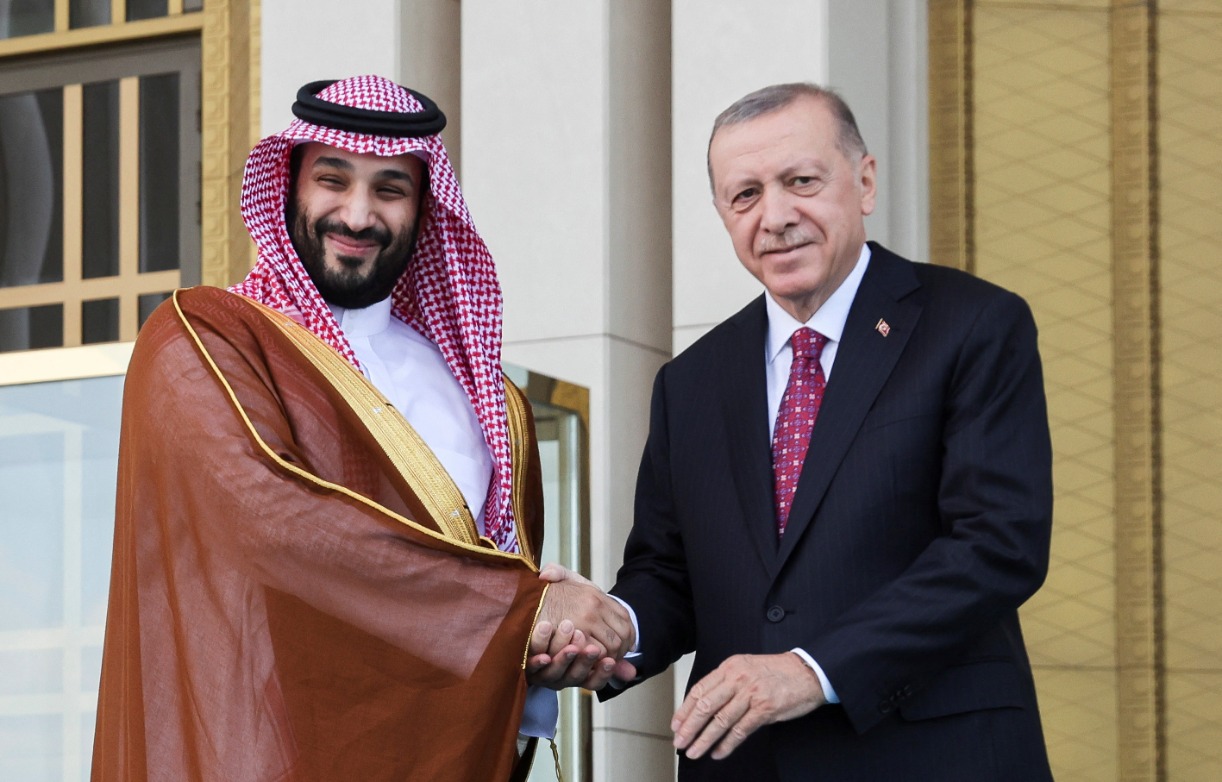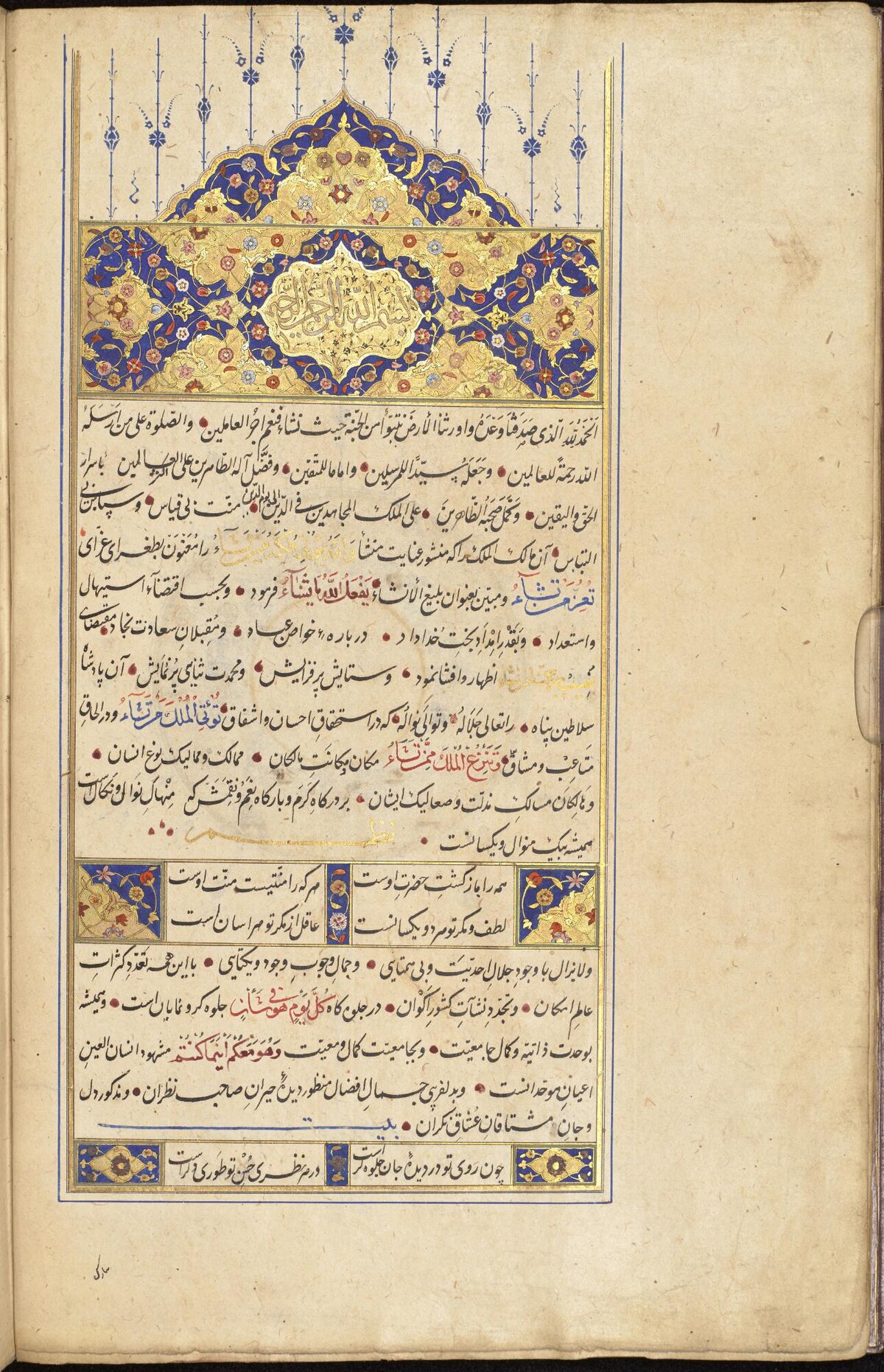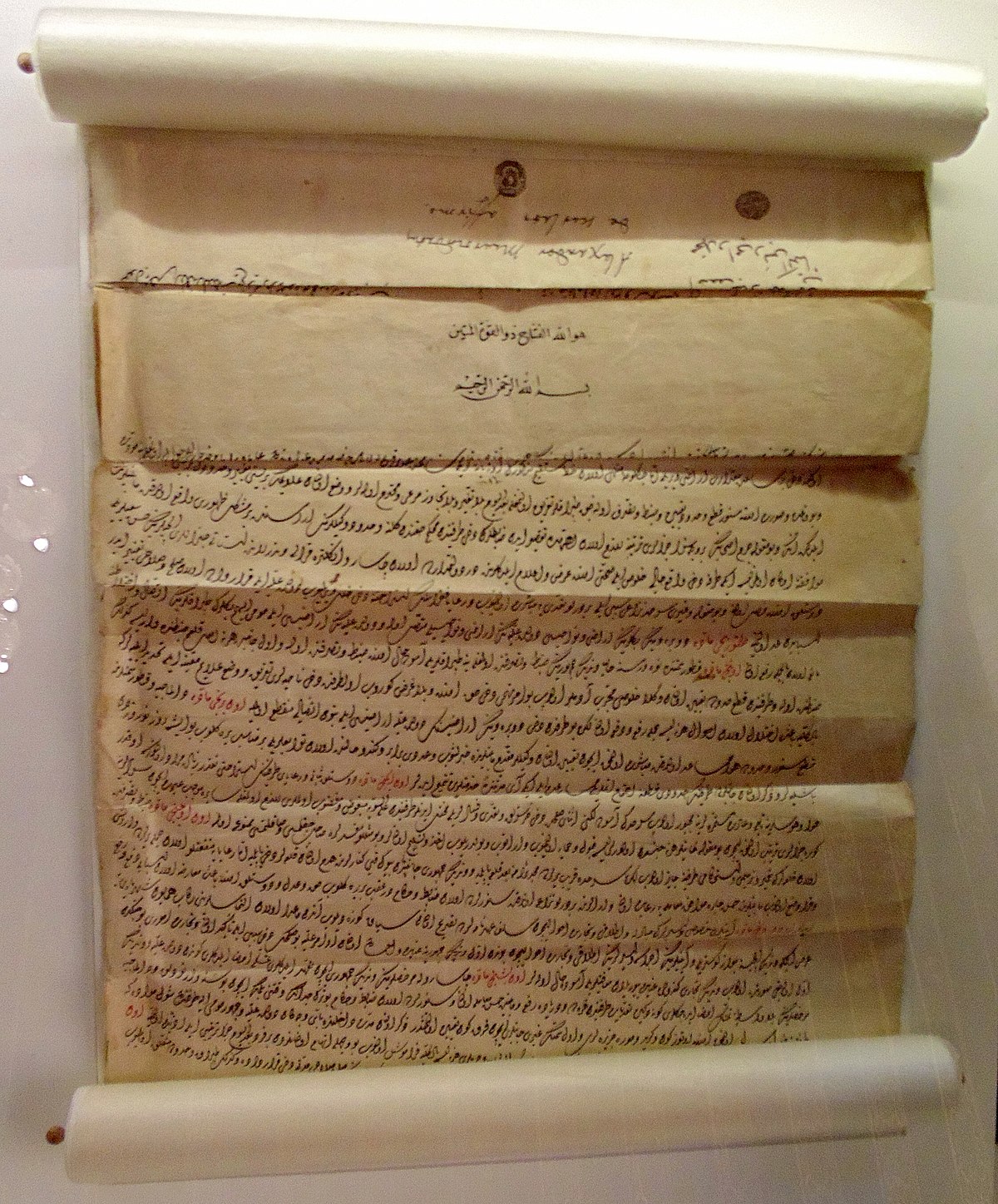EAGLE777
FULL MEMBER

- Joined
- Oct 20, 2021
- Messages
- 721
- Reaction score
- -2
- Country
- Location

Is Turkish-Saudi Normalization an Iranian Nightmare?
The future of Turkish-Saudi relations will be highly dependent on the choices of the Iranian leadership.
The future of Turkish-Saudi relations will be highly dependent on the choices of the Iranian leadership.
On June 22, Saudi Arabia’s Crown Prince Mohammad bin Salman (MBS) paid his first official visit to Turkey in years. This trip reciprocated a previous visit by Turkey’s President Recep Tayyip Erdogan to Saudi Arabia in late April and marked the peak of reconciliation efforts between the two regional powers.
Despite being part of broader regional reconciliation efforts, MBS’s visit to Turkey attracted a lot of attention in the region and beyond, particularly from Iran. The fact that the crown prince’s tour included Egypt and Jordan, two of Riyadh’s regional allies, raised great suspicion in Tehran, which perceived MBS’s move as a part of anti-Iran axis in the region.
During Erdogan’s visit to Saudi Arabia, Iran signaled dissatisfaction with Ankara’s reconciliation process with Riyadh. Several official, semi-official, and intellectual Iranian figures and news outlets—including those affiliated with Iran’s Islamic Revolutionary Guard Corps—reflected negative views concerning the normalization between Ankara and Riyadh, citing the possible impact of such a process on Tehran’s regional influence and interests.
Following the MBS’s visit to Turkey, Iran maintained its unfavorable views of the closer relations between the two regional heavyweights. Iran’s hostile position was reflected in the quite scathing coverage of MBS’s visit in its media outlets across the spectrum despite its claim that it is engaging positively with Riyadh.
In parallel with its anti-Saudi media rhetoric, Tehran’s proxies have been intensifying their efforts to target Turkey’s military posts, especially in northern Iraq. During the last decade, Turkey and Iran have been involved in a regional struggle for influence, especially in Iraq and Syria, which shows no signs of moderation thus far.
A low intensity war of attrition is observable in Iraq between Turkish forces stationed in expeditionary bases in northern Iraq and Iran-backed Shiite proxies and surrogates, primarily the Popular Mobilization Units (PMU) and Kata’ib Hezbollah (Hezbollah Brigades).
Last year, comments of Iraj Masjedi, Iranian ambassador to Baghdad and a former general in the Quds force of the IRGC, critical of the Turkish military presence on Iraqi territory caused a small diplomatic crisis between Ankara and Tehran. Iran’s stance in this regard continues to be reflected in Iranian official and semi-official news agencies.
Most recently, pro-Iran Shiite militia in Iraq and Syria stepped up their efforts to target Turkish forces countering the PKK and its affiliates in Northern Iraq and Syria. In several recorded cases, these militias attacked Turkish posts in Iraq in parallel with the increasing anti-Turkish rhetoric in the Iranian media.
The regional rivalry between between Saudi Arabia and Iran is no less contentious. The two states severed diplomatic relations in January 2016 following the storming of the Saudi embassy in Tehran. And despite Iraqi prime minister Mustafa al-Kadhimi’s ongoing mediation efforts, no progress has been achieved for a modus vivendi between Riyadh and Tehran after five rounds of talks. Al-Kadhimi visited Tehran on June 26 after meeting the Saudi leadership in Jeddah the day before.
A major point of friction concerns the incompatible positions of Saudi Arabia and Iran on the future political formation of Yemen. Tormented by the expansion of Houthi control over Yemeni territory, Saudi Arabia launched a military intervention against Iran-aligned Shiite militias in the country in March 2015. Regional tensions greatly escalated in September 2019 when two major oil facilities inside Saudi Arabia were hit by an Iranian-sponsored attack claimed by the militant group. There is no guarantee that similar attacks would not take place in the future.
Against this geopolitical backdrop, reconciliation between Turkey and Saudi Arabia and elevation of bilateral relations to a strategic level portend trouble for Iran’s regional foreign policy. Taken together with the other normalization initiatives in the region, exemplified, for instance, by the Qatari emir’s visit to Cairo on June 24, rapprochement between Ankara and Riyadh is certain to constrain the latitude Iran has thus far enjoyed in regional diplomacy.
Turkey and Saudi Arabia are both concerned about the implications of the revival of the nuclear accord between Iran and the P5+1 countries. Any settlement devoid of substantial measures that address Iranian interference in regional politics is insufficient and disquieting for several states in the Middle East.
Iranian interference in the domestic politics of regional countries continues to incite problems in the region. As a recent example, members of the Iraqi parliament affiliated with the political bloc led by Shiite cleric Muqtada al-Sadr resigned on June 12, and al-Sadr blamed “Iran’s proxies” for the decision to withdraw from the Iraqi parliament.
Iran is concerned that a pragmatic convergence of regional policies between Ankara and Riyadh is expected to empower both sides’ diplomatic leverage against Tehran. Briefly put, Turkey’s position vis-à-vis Iran will be stronger in Syria, Saudi Arabia’s position will be stronger in Yemen, and both states’ positions will be stronger in Iraq and Lebanon.
Mobilization of military and financial capabilities for coordinated policies in the region is to augment Turkey and Saudi Arabia’s collective capacity. Such a contingency will severely inhibit Iran’s power projection cap acity in the region, especially through its clients and proxies. Defense industry cooperation between Ankara and Riyadh is especially critical in this regard.
Furthermore, the Turkish-Saudi normalization carries the potential to constitute a major pillar of a unified front in the regional geopolitical landscape. A strategic realignment among regional states supported by the United States would be a diplomatic nightmare for Iran. In this sense, Biden’s scheduled visit to Saudi Arabia in July will assert this direction and increase the anxiety in Tehran.
A particularly disconcerting possibility for the Iranian leadership is the participation of Israel in this unified regional front. After MBS’s visit to Turkey, Iran’s Fars News quoted “some observers” who viewed one of the dimensions and objectives of the crown prince’s visit within the framework of the Saudi efforts to normalize relations with Israel. An Iranian expert on Turkish affairs argued in the Ebtekar newspaper that Israel had launched projects in the region against Iran, and Turkish and Saudi leaders were but one of the “arms” of these Israeli projects.
It is noteworthy that while Iran tends to blame other countries for its own behavior, Turkey-Saudi Arabia relations have been greatly influenced by Iran’s policies in the Middle East, and influence them as well. Shared Turkish-Saudi concerns about Iranian interference in regional policies and perceived Iranian intransigence to accommodate their interests are one leading cause of the reconciliation between the two regional powers. Therefore, the future of Turkish-Saudi relations will be highly dependent on the choices of the Iranian leadership.
Ali Bakir is an Assistant Professor at Qatar University’s Ibn Khaldon Center, senior consultant, and foreign policy/security analyst with over fifteen years of professional experience working with senior officials, decision-makers, and stakeholders for governmental, non-governmental, and private sector institutions. Follow him on Twitter @alibakeer
Eyup Ersoy is a Visiting Research Fellow at the Institute of Middle Eastern Studies, King's College London.
Image: Reuters.










